Content Sections
In the fast-paced modern world it’s often easier for parents to give in to children’s demands for gimmicky, ‘convenient’ and slickly marketed ultra-processed foods. Sadly, the results of consuming lots of these kinds of foods is less than convenient. Just one of their side effects is childhood obesity, now classified as “one of the most serious public health challenges of the 21st century”. It’s akin to a ticking time bomb. In a shocking reflection of the rise in obesity and type 2 diabetes (T2D) in children, researchers proudly announced recently the potential addition of liraglutide to the treatment options for children with the condition (update 17/06 - Victoza (liraglutide) has been approved by the FDA for use in children with T2D). This is yet another reminder of how the medical mainstream, propped up by pharma interests, encourages the management of symptoms of a preventable and reversible condition rather than dealing with the root causes.
Recognising the relationship between what young children eat and the development of disease later in life, ANH-Intl created its Food4Kids guidelines in 2015. Designed to take account of the unique nutritional needs of young children, it’s about helping kids to reduce their dependency on unreal foods while reconnecting them with real foods that nourish and promote vital health.
No longer is chronic disease the preserve of the elderly. With the need to protect and promote our children’s health now more urgent than ever before, the ANH-Intl health sustainability blueprint brings a solution. Moving citizens to a place where health creation is highly prized and disease management becomes a thing of the past.
This month’s #ThrowbackThursday reminds you of the ANH Food4Kids guidelines which we encourage you to print off and stick on your fridge door or another prominent place in your kitchen. It helps parents to be thinking about the 8 different food groups a child needs every day, not just the four that are recommended by say the UK government. Dietary diversity is as important to human health as ecological diversity when it comes to stable natural ecosystems. And one of the surest ways of achieving sustainability in our approach to healthcare is establishing healthy eating habits as early as possible in a child’s life.
Rethinking what our kids are eating
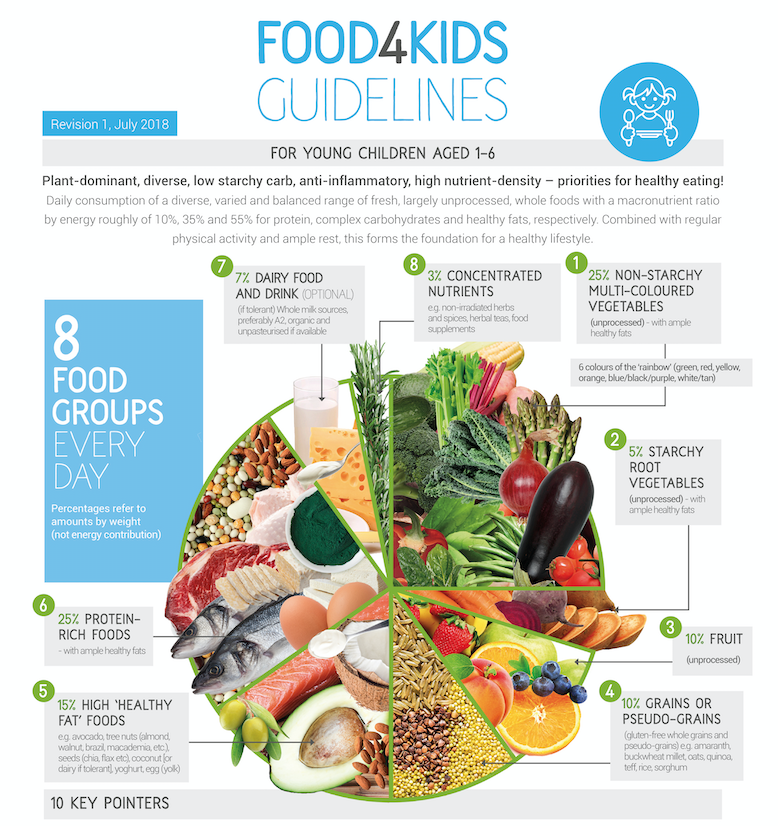
ANH-Intl’s Food4Kids guidelines — to help today’s kids avoid unprecedented rates of metabolic disease and tooth decay because of junk and sugary foods
In January 2015 we launched our ANH Food4Health Plate that provides guidelines for healthy eating for adults. This guidance is the result of evaluating typical advice from government health authorities (in the UK and USA), as well as that of independent researchers, notably those from Harvard School of Public Health. We have then taken a steer from our many years of interaction and feedback from the coalface of clinical experience, via our wide and international network of nutritional practitioners and functional medicine practitioners. The result is at odds with government advice, which we believe is still strongly influenced by commercial interests responsible for making or selling highly refined or heavily sweetened, ultra-processed foods or beverages. These types of foods and drinks have been shown to contribute to on-going, low-grade inflammation within the body, in turn a known and major trigger for chronic disease including type 2 diabetes, obesity, heart disease and cancer.
Our adult palates, as well as our trajectory of future health, is strongly affected by what and how we eat as children. In fact, early-life influences on our health stretch back to the time before we ingest our first solids, to pre-conception. Alarming statistics show that 1 in 4 kids in the UK are obese before they leave primary school, the worst rates in Europe.
Since launching the adult Food4Health plate at the beginning of the year, we’ve had strong interest from parents asking about guidance for healthy eating for children. So, today, we launch ANH-Intl’s Food4Kids guidelines – which provides advice based both on published science, international guidance from health authorities and the benefit of experience from large numbers of nutritionists, clinicians and parents with which ANH-Intl is associated.
Big Food is a bigger problem than sugar for kids
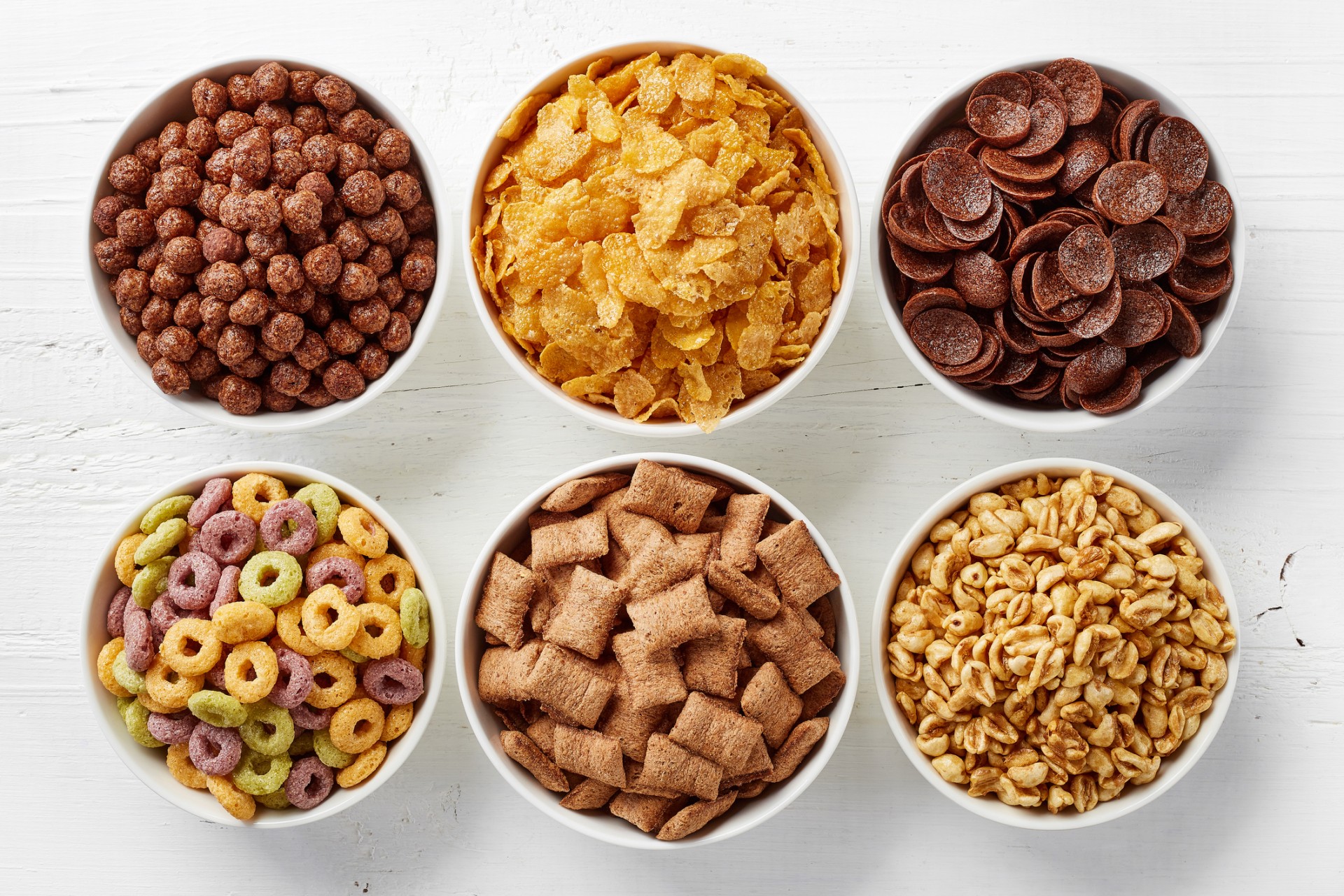
It's not just the sugar in our food causing problems, it's the way it's processed
Sugar has again hit the headlines, with disturbing figures from Public Health England (PHE) showing that children in the UK are eating half their daily recommended sugar intake at breakfast before they even get to school.
Kids are eating too much sugar
The PHE/Netmums survey found that kids aged 4 to 10 years are eating up to 50% more than the daily recommended limit of 10% of a person's daily energy intake. Change4Life recommends 'simple' sugar swaps but we say that these are only a small part of the overall health solution needed.
Big Food encourages addiction
A major contributor to the increase in sugar consumption and addiction is the introduction of and reliance on, processed foods and sugar sweetened beverages along with the shift away from unprocessed home cooked foods using natural ingredients. This sugar drive seriously got into gear in the post-WWII period following the deprivation of the war years. As prices for refined sugar grew following the war, new sources were looked for which saw the introduction of cheap High Fructose Corn Syrup in the 1970s. We then saw a higher proportion of mums going back to work and strong demand for easy, convenient food options. This triggered the increased availability of highly processed foods and the beginnings of the current health crisis with Big Food square and centre as the originator of the foods that cause the bulk of the disease burden in contemporary, Western societies.
Instilling healthy food habits from childhood

Breaking the cycle of deadly diets with the ANH Food4Kids guidelines
Last week we launched our Food4Kids guideline with a full breakdown and explanation in the accompanying article Re-thinking what our kids are eating. An important point made by our founder, Rob Verkerk PhD, also the scientist leading the development of the Food4Kids guidelines, was, “Our adult palates, as well as our trajectory of future health, is strongly affected by what and how we eat as children”.
Children copy parents in both good and bad habits. Smoking and alcohol-drinking are perfect examples of this. Tobacco smoke and beer hardly titillate our sweet taste-buds and yet they are often later sought by the offspring of parents who smoked and drank. This tutoring can be both behaviourally and epigenetically communicated. It falls to all adults to persistently lead by example. But with parents ever stretched on time, the temptation to offer sweets and sweetened foods is often too great to resist, especially given their reception from children. It’s quick and convenient to appease and mollify a child’s insistent palate by feeding sweet treats. Giving in to issuing sweet treats, or dumping an infant in front of the television for several hours’ unsupervised viewing, is not about making life better for a child. It’s really about making things easier for the adults or carers, in the short-term, at least. Sweet food should never be offered as a reward. Therein paves the road to future comfort eating which triggers the opioid receptors in our brains that learn to crave for more stimulus. That’s the basis of sugar addiction.




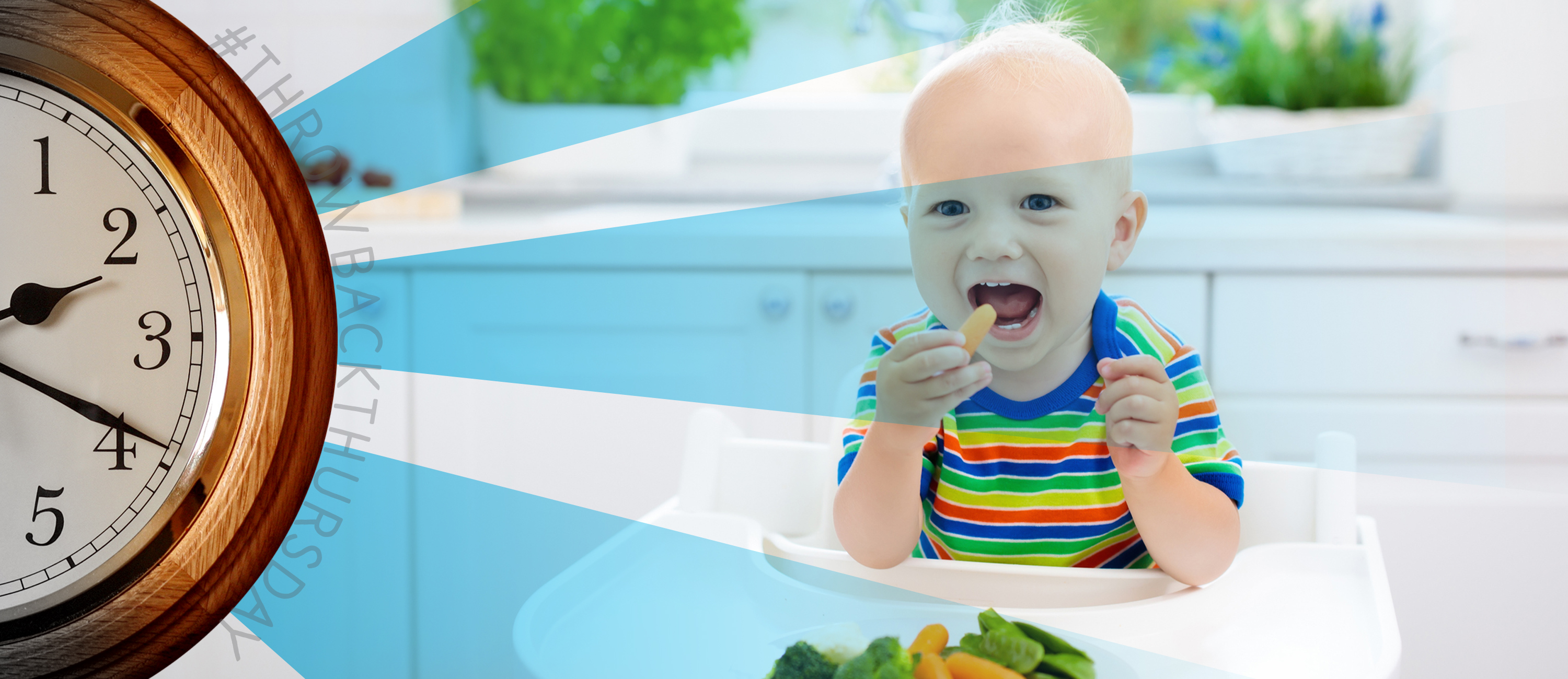

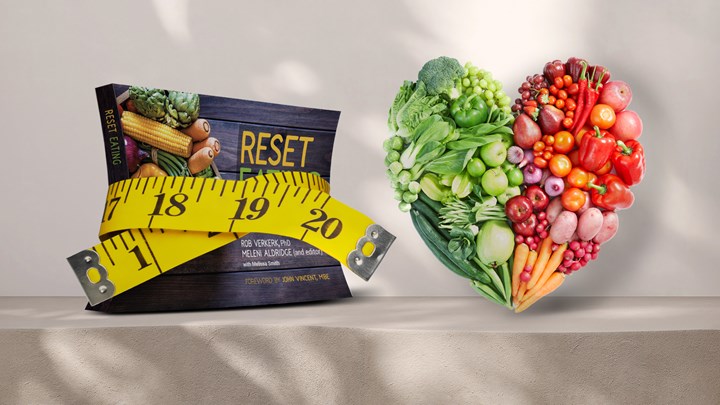
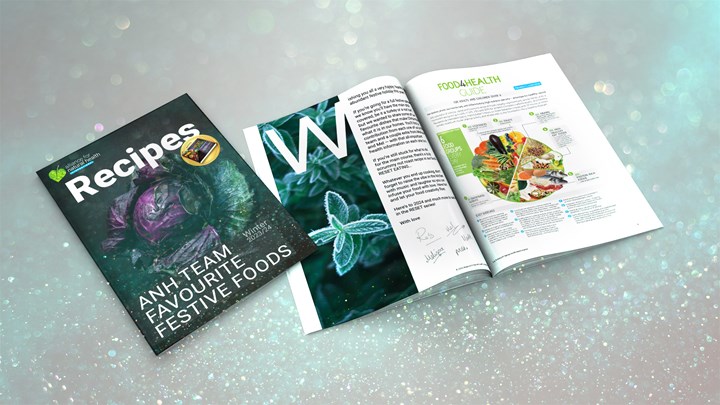
Comments
your voice counts
31 May 2019 at 12:14 pm
An underlying and false assumption is that society is working for a common good although ultimately we may learn our true Good as a result of mistakes and still bring a positive outcome from negative experience.
The 'language' or framing of narrative in which and by which we think is no more equal than the currency of a financially rigged money or debt system.
The idea that 'science' is neutral, objective and free from the old corruptions associated with politics or state power via religion or superstition is a trojan horse through which a more insidious 'Corporate ego' or private agenda operates as if the giver of power, freedoms and protections. Yet as Michael Ellner said; “Everything is BACKWARDS; everything is upside down! Doctors destroy health, Lawyers destroy justice, Universities destroy knowledge, Governments destroy freedom, Major media destroys information, And religions destroy spirituality".
The backwards or 'evil' rather than truly LIVE thought is that which assigns Cause outside ourself and WANTS it there - because the experience of self conflicted dissonance is intolerable and the mind is invoked as a protective dissociation and displacement. Such thinking seeks validation and reinforcement OUTSIDE self and becomes a society of 'getting' under fear and threat of lack and loss.
Your children are not your children, but depend on your temporarily greater sense of wisdom for initiating, learning and adapting their personality to their world. From the first they have exposure to their parents acquired and inherited fears - which are part of a greater social strategy in regard to often unspoken or unconscious relational issues - but now we have little that holds for the integrity of relation - as a result of exposure and induction to consumer production or 'getting' that covers over a sense or fear of lack - in distrust and ignorance of natural being. Corporate salesmanship or indeed PR (propaganda) IS a WAR on the consciousness of parents and children under guise of a service or product. This may seem simply business as usual or 'how the world works' to those seeking to get maximal profit under threat of loss or of going out of business to rival or threat.
Compulsory state schooling under central control is not a biodiversity or cross fertilising of talents and enthusiasm, but a systemic training for consumer society - which is increasingly replacing the Living with systemic and manipulative substitutions. The wonder is that we are not MORE sick or deranged than we are because the breakdown of a false order is the result of SOME awareness that such pain need not be. The ability to mask over, hide or displace pain into fragmented identities is the ability to deny our life while alive - because we have deeply set a direction AWAY from an Intimacy that is believed irrevocably lost - for some temporary sense of diversion set against a fear of Life as it seems to have become.
Living Relational Awareness is a true Intimacy that identity in conflict rules OUT - excepting under very tightly defined conditional demands. Thus we need to awaken to deceits or self-illusions without remaining ensnared or entangled in polarising hate - against those that are 'pushing' and protecting such narrative identity at expense of sacrifice of the Living - in themselves, their relations and their world. But it IS hateful to uncover a lie where we had given our trust and we have to own our feelings as a way to move them rather than be manipulated by them in reactive and polarised thought and behaviours that are in fact easily manipulated.
Love is of an honesty of being WITH what is - as it is - in willingness and desire to recognise what is TRUE here. We have all learned what NOT to think, say or do, where NOT to look or how NOT to see - from a self-protective masking fear.
If there IS a willingness or desire to Embrace the Living - rather than identify in fear of pain of loss - then everything has be be brought TO and made sense of within true desire. It cannot work to say we want to live but actually mean we are afraid to die.
Possession and control are deep-set in the narrative identification from which we live as if true. These find magnified roles in the society we have all co-created. Re-awakening relational responsibility is each our own 'with-ness' and 'worth-ship' according to choices we are always making but often unmindfully. Fear makes 'selfish' and set apart and against, but love extends a fullness or wholeness of being that is tangibly recognisable. Yet each can SEEM to be the other.
A diet of fear marketed to 'health' or 'economy' is both content and context. If we want to share a whole life, then we need regain a cultural context for relational being - by living it INSTEAD of running with systemic narrative substitutions of repackaged toxicity (fear manipulation) in any and every moment of willingness. amidst NOTICING the habit or choice we are accepting or about to accept. Nipping in the bud is better than dealing with consequence down the line - but we can only be from where we are with what we have.
Life joins with and strengthens Life. Fear of Life can only SEEM to do so under a masking intent. No blame - but why not open some spark of curiosity as to what runs beneath our presentation and whether is truly serves us where we are now?
Your voice counts
We welcome your comments and are very interested in your point of view, but we ask that you keep them relevant to the article, that they be civil and without commercial links. All comments are moderated prior to being published. We reserve the right to edit or not publish comments that we consider abusive or offensive.
There is extra content here from a third party provider. You will be unable to see this content unless you agree to allow Content Cookies. Cookie Preferences